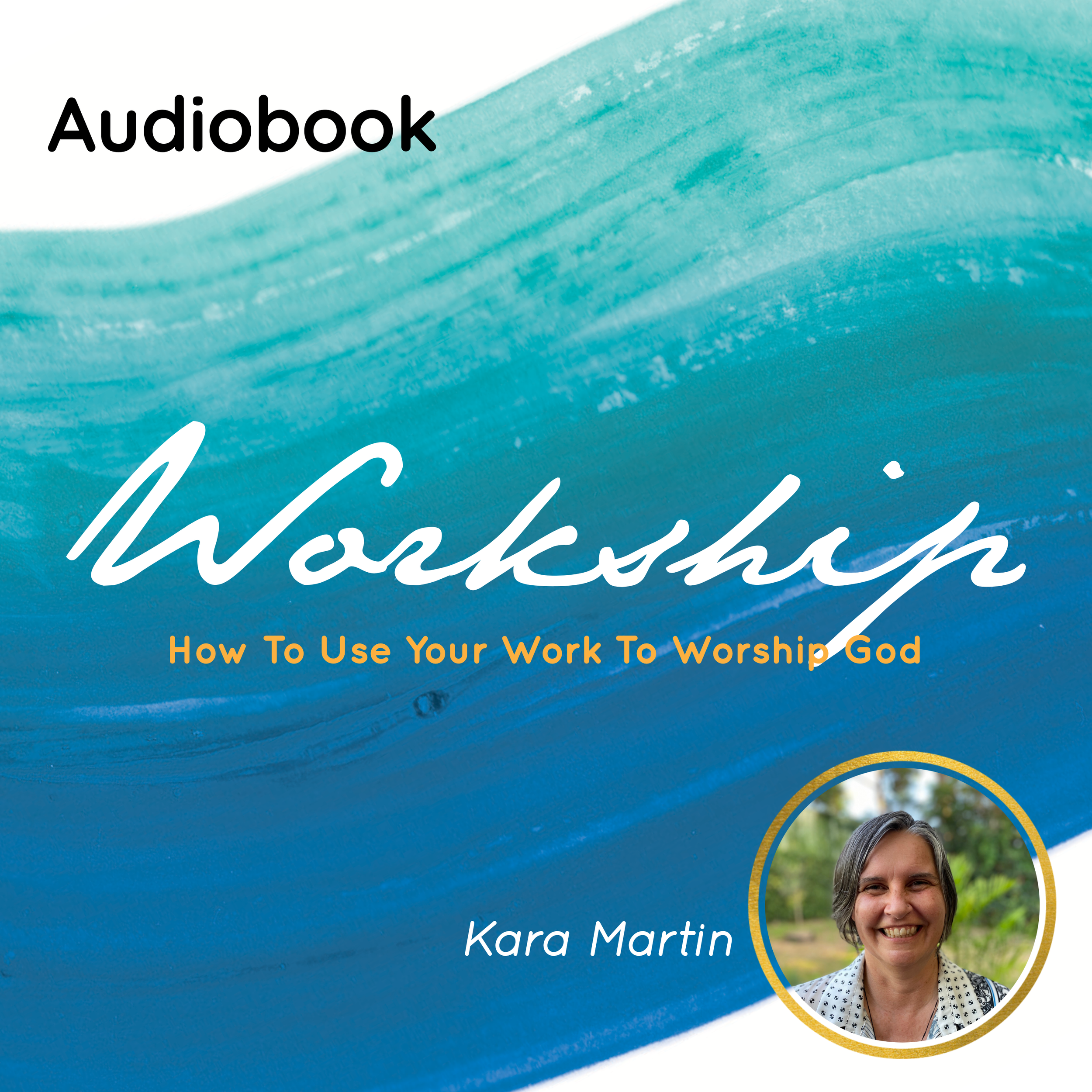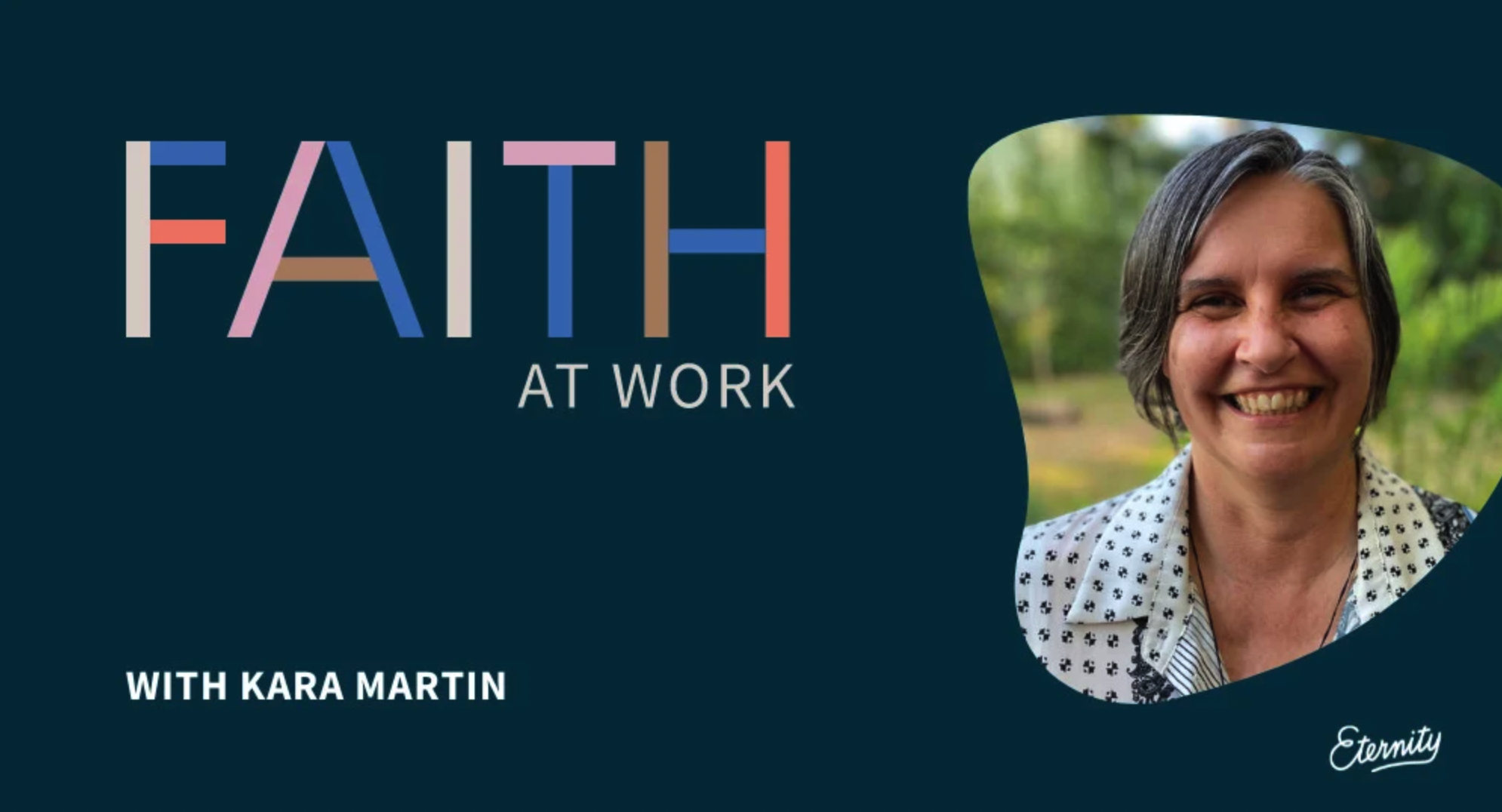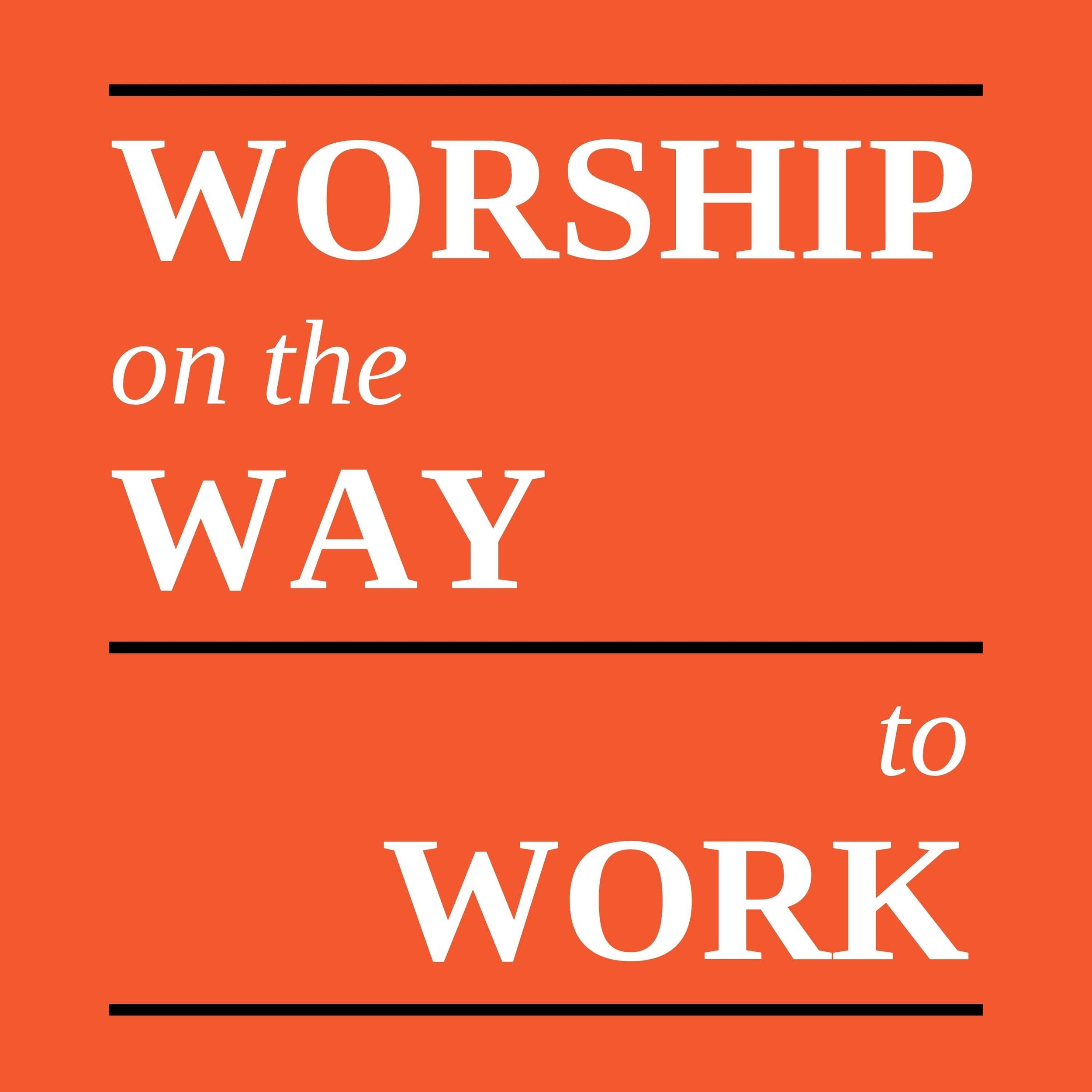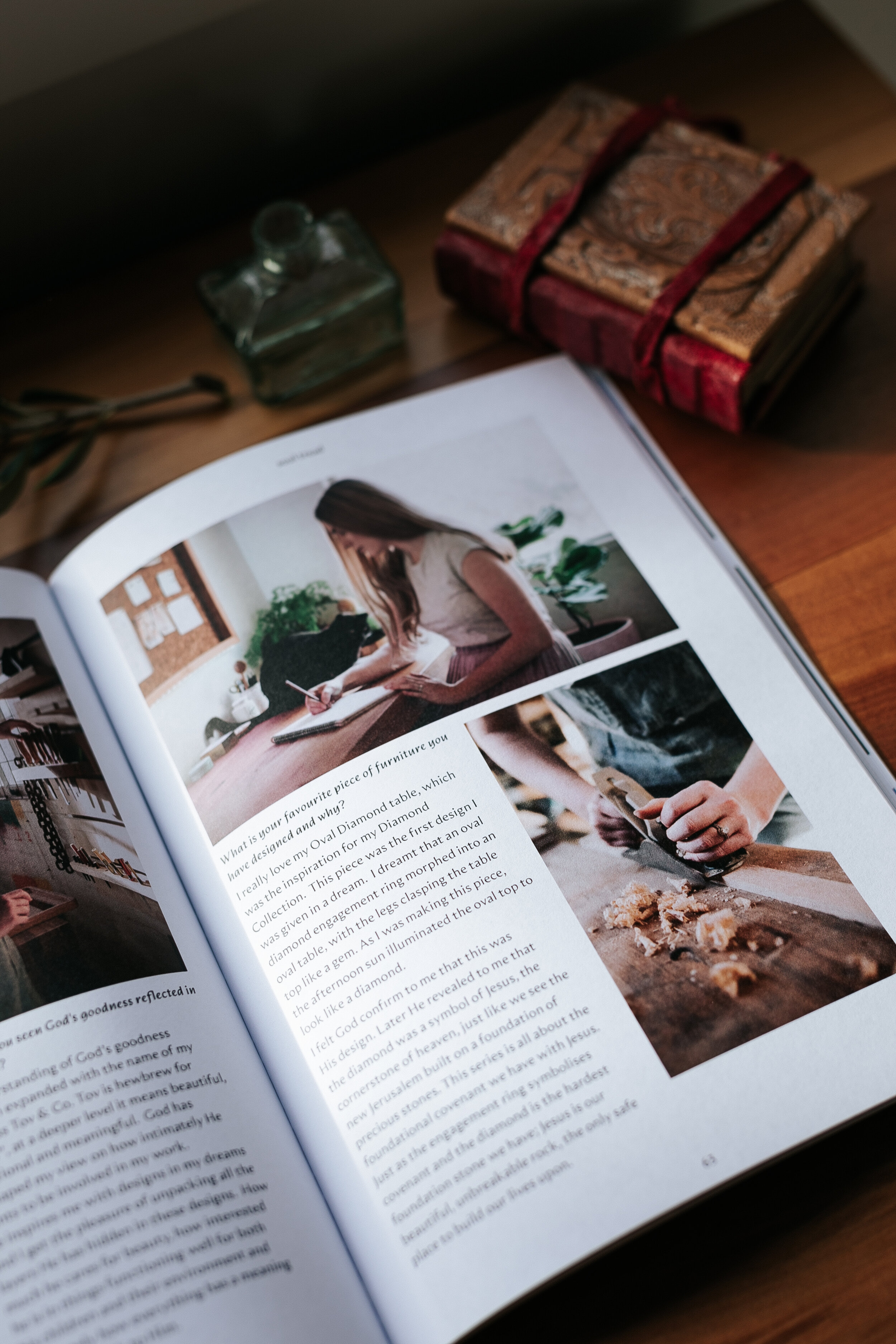As I visited Laurel the other day to drop off a pre-recording of our weekly church service, Handel’s Messiah was pumping from her house. Laurel is over 80 and needs voices and music to be a little louder for her to appreciate them fully.
I gave her the DVD and asked how she was going. We talked about some of her fears about going outside. She was looking forward to getting some work done in her garden on a beautiful day. We chatted about the music and her cat, which had been on guard at the front gate but was now sunning itself luxuriously near our feet. Then I offered to pray for her.
Before Coronovirus, I had minimal contact with Laurel and other frail members in our church, not because we have a huge church, but because opportunities for conversation were minimal, and there was no functional reason to connect.
Now the world has changed. Now I connect weekly with several frail members of the congregation every week, and I am intentional in those conversations to check on their spiritual health.
One woman mentioned that she was thinking about God more and praying more. Another said that she is handing her anxieties and fears to God and feels comforted. As I pray with them some have become teary, and many say they have never been prayed for so personally before.
I feel there has been a palpable positive shift in the status quo.
Elisabeth Kübler-Ross pioneered our understanding of grief, clarifying five stages, and I have been watching the world pass through them in the last couple of months: denial (young people partying on Bondi Beach), anger (crowds in the US rebelling against lockdown), bargaining (hairdressers protesting against the 30-minute limit imposed by the Australian government), depression (all of us in lockdown grieving the loss of celebrations, trips and work), and acceptance (our understanding that this is what is needed to protect the vulnerable). (Note: not all these stages are sequential, and it is possible to revisit them.)
David Kessler worked closely with Kübler-Ross and recently published a book about a sixth stage he has discovered: meaning making. And while much of the world is still navigating those early stages, this is the stage reached by many of those countries where the curve is flattening.
My social media is being flooded with more hopeful articles. The significant early voice was Arundhati Roy, the brilliant Indian novelist, with her metaphor of the pandemic as a portal:
Historically, pandemics have forced humans to break with the past and imagine their world anew. This one is no different. It is a portal, a gateway between one world and the next.
We can choose to walk through it, dragging the carcasses of our prejudice and hatred, our avarice, our data banks and dead ideas, our dead rivers and smoky skies behind us. Or we can walk through lightly, with little luggage, ready to imagine another world. And ready to fight for it.
She is right about the historic shifts caused by pandemics. David Griffin and Justin Denham are Australian infectious diseases experts who also know history. In an article in The Conversation they talk about some of the key shifts that have happened.
1. The Plague/’Black Death’ (14th Century) brought about understanding of quarantine, better working conditions, deeper studies of religion and philiosophy, and widespread questioning of authority.
2. Spanish Influenza (1918) brought about the use of face masks and bans on mass gatherings in response to infections.
3. HIV and AIDS (20th Century) led to the development of sophisticated public health campaigns, and contact tracing techniques, and led to an understanding of the impact of stigma associated with such diseases.
4. SARS (2002–3) revealed the need for transparent information-sharing across borders, including international health regulations requiring mandatory reporting. It also showed the link between human and environmental health, with changes in climate impacting on animal susceptibility to viruses, which could then be passed on to humans.
Andy Crouch points us to an even earlier plague, and Rodney Stark’s analysis in The Rise of Christianity.
The first Christians, who saw themselves as the household of God in their cities, did not flee the plagues. They stayed, and they served. In his book The Rise of Christianity, sociologist Rodney Stark develops a statistical argument that this commitment to providing meaningful care to people stricken by the plague was, all by itself, a major contributor to the growth of the church in the first centuries of the common era.
Already we are seeing that people do not want to go back to the way things were. A Sky News story reported on a recent YouGov poll in Britain which indicated that more than half (54%) of 4,343 people hope to learn from the crisis by making some changes in their own lives, and hope changes will be made for the country as a whole.
Matthew Taylor, chief executive of the Royal Society for the Arts which commissioned the poll said, “This poll shows that the British people are increasingly aware that the health of people and planet are inseparable and it's time for radical environmental, social, political and economic change.”
What does this mean for the Christian community? How can we respond?
Here are some of my suggestions for what a post-pandemic world could look like, with Christian input.
1. A renewed appreciation of physical connections
While the church has responded heroically in obeying bans on mass gatherings by moving services online, this should not become the new norm.
I support Brian Zhand who warns “Don’t let a pandemic turn you into a Gnostic”. Gnosticism was an ancient heresy that compartmentalised the physical from the spiritual, leading to a denial that Jesus could be both fully human and fully God.
While it has been a novelty to experience church from our loungerooms, and I have appreciated still meeting as a church, Christianity is a way of life that incorporates the material world. As Zhand says, “To prefer digital over enfleshed is a gnostic move; it’s a move away from what it means to be human; it’s an insult to the Incarnation.”
Instead, we should take the positives of the online experience: widening our reach, understanding that the church is people not a building, and enjoying that our faith impacts our home-life not just the one-hour gathering on a Sunday… but weave that into a deeper expression of our church experience post-pandemic.
2. Fresh expressions of hospitality in the neighbourhood
An amazing thing has happened, we are recognising our neighbours. Instead of furtively avoiding people as we drive to and from work and shops, we are taking the time to walk around the block, to smile and greet people, and to take part in neighbourhood activities such as teddy bears in the window for “bear hunts”, or dressing up to put bins out.
I loved the innovation of street Facebook or WhatsApp groups to coordinate shopping or help. Some people I know put a card in everyone’s letterbox offering them a free home-delivered coffee.
Karina and Armen at Neighbourhood Matters have some wonderful resources to help individuals and churches pivot in this way, toward expressing compassionate renewal geographically.
These themes are expressed in an innovative exercise posted by Melinda Cousins, Teaching Pastor at Richmond Baptist Church, who captured ideas from the congregation of God at work at this time in the infographic below.






















